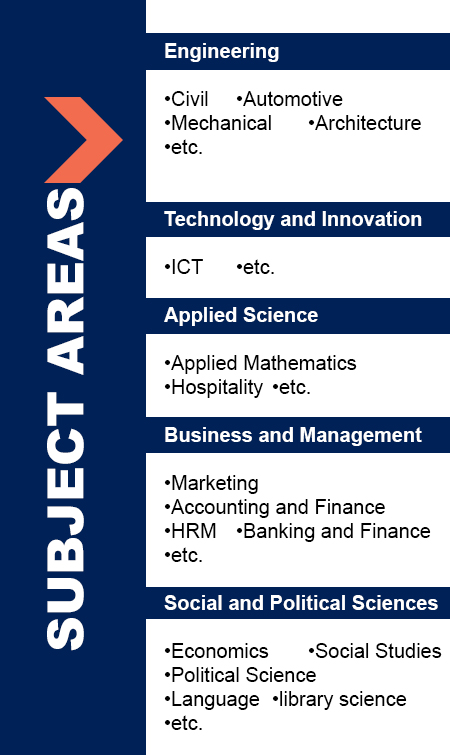Leadership Style of Construction Project Managers in Ghana
DOI:
https://doi.org/10.47127/ijtmr.v7i1.151Keywords:
Construction Industry; Ghana; Leadership Style; Project Managers; Construction Project ManagersAbstract
The construction sector differs from other industries as a result of its extraordinary attributes. Besides,
every infrastructure project comprises diverse professionals and firms that meet up to accomplish
explicit undertaking within a specified period. Leadership could increase productivity in construction
project delivery, where competence, success, and additional work is expected to be part of the result.
This research sought to assess the leadership styles of Ghanaian Construction Project Managers- CPMs
in comparison with those of their expatriate (foreign construction project managers) counterparts by
means of Fielder’s Least Preferred Co- manager worker (LPC) scale. Twenty (20) Ghanaian CPMs as
well as twenty (20) expatriate CPMs were selected, but in total, thirty (31) CPMs participated in this
study. Findings from the research indicated that, the Ghanaian CPM were found to be relationshiporiented
than their foreign counterparts. The foreign CPM were found to be more socio-independent.
Further findings on the actual leadership style of the CPMs showed no major leadership style within
the construction space in Ghana, although the participative and directive styles were increasingly
common. The result implies that though the leadership style of both respondents is different, the
difference is not significant.








